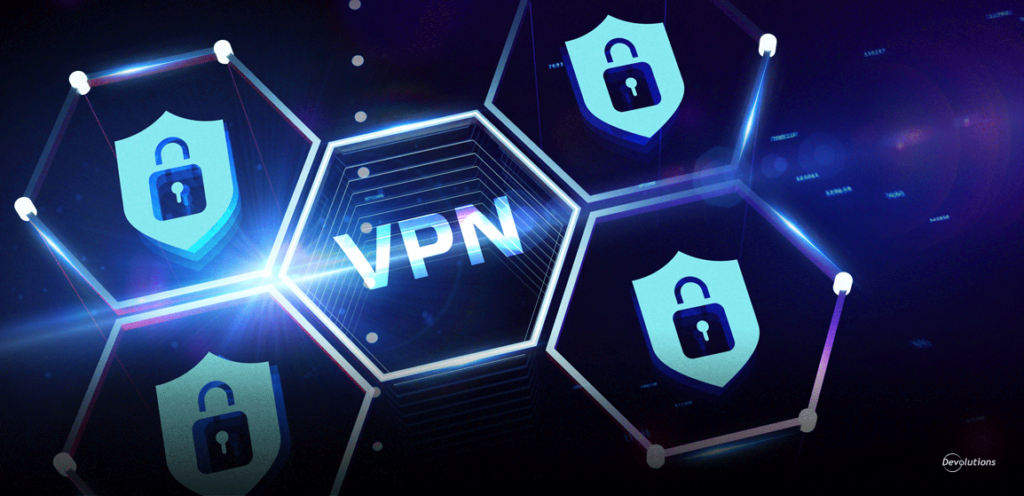Digital transformation has led organizations and individuals to deploy various tools and apps, such as the wireless internet or WiFi, into daily activities; the unfortunate incidence with the digital era is the sophistication hackers employ to launch attacks. Software applications should make living and working easy, but cybercriminals deploy such technologies for nefarious activities.
Innovations and technologies should enable us to access a wealth of information and resources at our fingertips. With the click of a button, we can connect with people globally, access online services, and manage our personal and professional lives.
However, the same technological advancements that have made life easier and more convenient have also created new challenges and risks, particularly as regards online security and privacy.
The unfortunate reality of the digital era is that cybercriminals are becoming increasingly sophisticated and resourceful, using advanced tools and tactics to launch attacks on individuals and organizations. From phishing scams and ransomware attacks to identity theft and data breaches, the threats hackers pose are real and compounding.
To mitigate the cyber threats hackers pose to the business world, VPNs have become crucial for online privacy and security. Some VPNs deploy state-of-the-earth technology such as face recognition, fingerprint, and other multifactor authentication measures before anyone can access a network.
A VPN, or virtual private network, is a service that enables users to create a secure and encrypted connection to the internet. You can subscribe to the services of free or paid VPN.
By routing your internet traffic through a remote server and hiding your IP address, a VPN can protect your online privacy and prevent your internet service provider (ISP) or other third parties from tracking your online activity. In addition, you can also use a VPN to access geo-restricted content and services, such as streaming platforms and some websites that some regions or countries block.
One of the main benefits of using a VPN-free is that it provides an additional layer of security and privacy, especially when you connect to public Wi-Fi networks. Public Wi-Fi networks in coffee shops, airports, and hotels are often unsecured; anyone with the right tools and knowledge can easily intercept and steal your data.
VPN-free serves security and privacy purposes for individuals and organizations that can’t afford the costs of premium VPNs. VPN-free will encrypt your internet traffic, making it much more difficult for hackers to intercept and steal your data.
Moreover, VPNs are a great way to protect your online privacy and anonymity. By hiding your IP address, a VPN-free ensures that no one can trace your online activity back to you; you can browse the internet without worrying about being monitored or tracked.
Masking IP addresses is essential in countries where online censorship and surveillance are prevalent, as you can use VPN-free to bypass these restrictions and access blocked content.
Another benefit of using VPN-free is that it can help you save money if you purchase products from an eCommerce store.
Many online retailers use dynamic pricing algorithms to show different prices to customers based on their location, browsing history, and other factors. When you use VPN-free to change your IP address to a different location, you can often find better deals and discounts on products and services.
Despite the many benefits of using a VPN, it’s important to note that not all VPNs are created equal. Some VPNs may log and sell your data to third parties, while others may not provide the security and privacy they claim to offer. Therefore, it’s crucial to do due diligence and ascertain the track record of protecting the users’ privacy and security of a VPN-free service provider.
When choosing a VPN, you must consider several factors. First and foremost, you should look for a VPN that uses an advanced encryption protocol, such as AES-256, which is one of the most secure encryption methods available. Additionally, you should choose a VPN-free with a no-logs policy; it ensures that the VPN does not log or store any information about your online activity.
You should also consider the speed and reliability of the VPN-free and the number of servers and locations it offers. A VPN with several servers and locations will provide you with more options and faster speeds, which is particularly important if you plan to use the VPN for streaming or other bandwidth-intensive activities.
Conclusion
Using a VPN is critical in protecting your online privacy and security. By encrypting your internet traffic and masking your IP address, a VPN can prevent hackers and other third parties from intercepting and stealing your data.
A VPN-free can also help you bypass online censorship and access geo-restricted content and services. However, for your privacy and security, choose a reliable VPN that has a good reputation and a proven track record of protecting users’ privacy and security.
Welcome to our blog! My name is Yuvraj Kore, and I am a blogger who has been exploring the world of blogging since 2017. It all started back in 2014 when I attended a digital marketing program at college and learned about the intriguing world of blogging.


